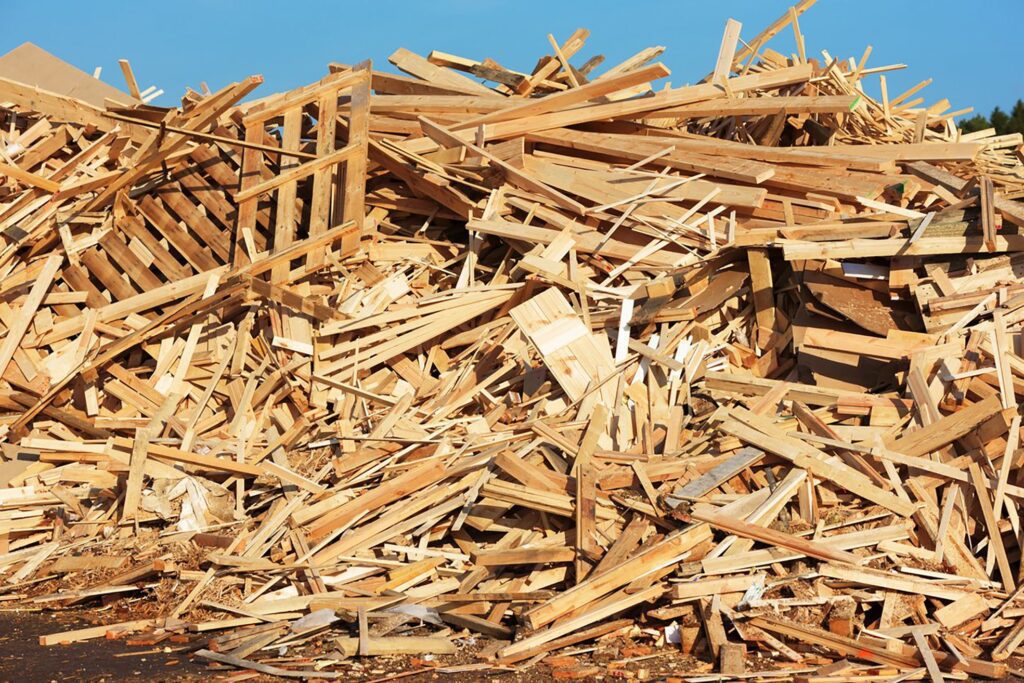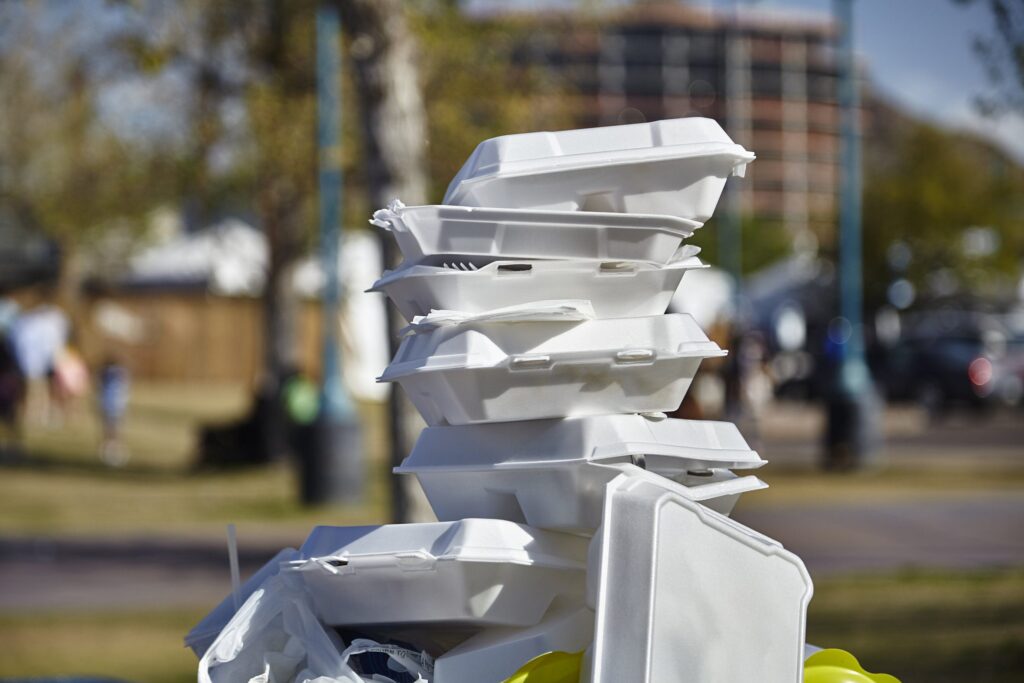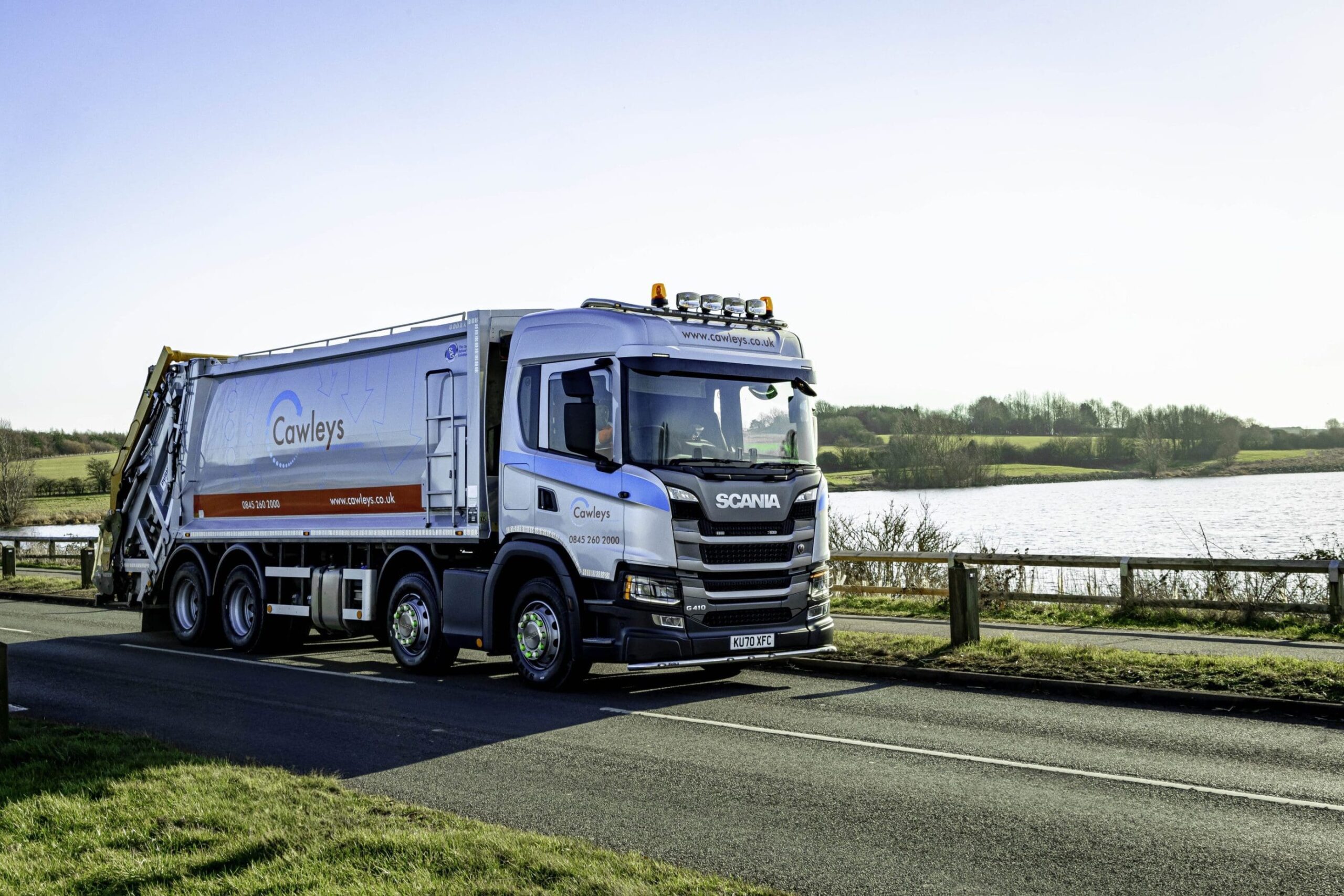Cawleys, the region’s largest independent recycling and waste management specialist, has highlighted the recent changes to wood waste regulations and the single-use plastics ban and explains how this may impact your business.
Wood waste regulations
As of September this year, there was a significant change to how wood waste from demolition and construction sites is handled and disposed of – now certain items from buildings constructed pre-2007 are automatically classified as hazardous and cannot be sent to wood recyclers as previously.
The reason for this change is that the Regulatory Positioning Statement 250 expired on August 31. This statement previously allowed potentially hazardous wood waste items from construction and demolition waste streams to be transported and processed as non-hazardous.
As this created issues for recycling, the Wood Recyclers Association conducted extensive testing to determine the amount of hazardous waste content present in wood waste and made recommendations to improve how wood waste is managed moving forward.
What does this mean for your business?
This change only affects those businesses generating wood waste from construction and demolition projects on buildings constructed before 2007.
Prior to this change, waste wood could be placed in a site skip if it was collected, handled and disposed of by an authorised waste management company.
It is important that any construction or demolition businesses now monitor the different types of wood waste they produce and plan appropriate disposal of the following items which are now classified as hazardous: barge board, external fascia, soffit boards external joinery, external doors, roof timber, tiling cladding, tiling battens, timber frames and timber joists.
These items must be sent for specialist hazardous waste disposal unless tested externally first.
Cawleys is already working with a number of businesses to manage and dispose of this now hazardous waste.
From advice to solutions, its expert hazardous waste division team can help ensure businesses dispose of the wood waste safely in line with current regulations.

Single-use plastics ban
As of October 1, businesses must no longer supply, sell or offer certain single-use plastic items in England.
The ban includes the following single-use items, wholly or partially made from plastic:
- Plastic cutlery
- Plastic trays, plates and bowls
- Plastic balloon sticks
- Certain types of polystyrene cups and food containers used to supply ready to eat food

Plastic pollution takes hundreds of years to break down and inflicts serious damage on the oceans, rivers and land.
Recent research conducted by the government highlights that people across England use 2.7 billion items of mostly plastic single-use cutlery and 721 million single-use plates every year, but only 10% of these are recycled.
Building on existing bans on straws, stirrers and cotton buds, this ban aims to reduce the production and use of this harmful waste, helping to cut litter and protect the environment.
What does this mean for your business?
The ban will predominantly affect food retailers, takeaway outlets, food vendors, catering firms and event management companies.
Any businesses that continue to supply banned single-use plastics could be fined, even if it is items they already have in stock.
However, there are some key exemptions to the ban:
■ Supply – if you are supplying these single-use items to another business, you can continue to do so.
■ Packaging/Pre-Filled/Filled – if the items are being used as packaging, pre-filled or filled at the point of sale then this is also allowed.
Cawleys has already seen some of its customers implement alternative packaging, cutlery and containers – and provides a range of collection and recycling options for those.
To find out more about these changes, alternative options and how to recycle them – contact Cawleys’ friendly team who will help plan the right solution for you.
Find out more about Cawleys at www.cawleys.co.uk













